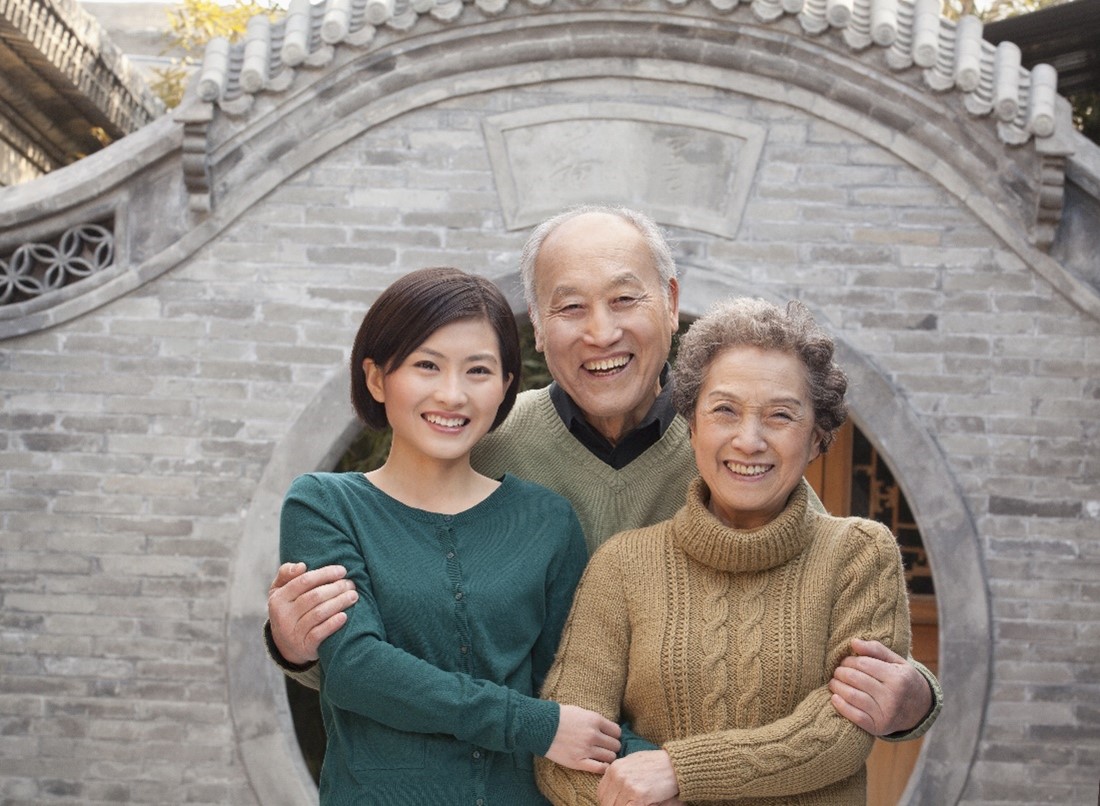Dionne Huffman of OGCC Behavioral Services is a consultant who specializes in guiding individuals through the intricate process of midlife transitions. In the following article, Dionne Huffman delves into the art of rekindling relationships with adult children while gracefully navigating the complexities of middle age.
Parenting is a lifelong job with many rewards and many challenges.
There are certain dynamics at play between parents and children as they head into adulthood. It is often tough for parents to transition into a different type of relationship with their adult children especially if there's accelerated independence and tension in young adulthood.
Dionne Huffman of OGCC Behavioral Services explains below how empty nesters can successfully reconnect with their adult children.
Dionne Huffman of OGCC Behavioral Services explains that it starts by ignoring the negative and finding new common ground. No relationship can thrive with judgment. Instead of talking to adult children about situations or behavior that one feels is wrong, connect over shared interests, such as meeting occasionally for a casual dinner or uncovering mutual interests, such as dog walking, gardening, or watching a loved TV show.
But it's important for parents to not check in too much with their children and to give them more privacy in adulthood. Learn to let go, even when adult children make some life mistakes.
Dionne Huffman of OGCC Behavioral Services explains that communication should evolve to a similar relationship a parent has with someone their own age. Be vulnerable, offer advice if asked, share good news, or fill them in on vacation plans.
But it's important for parents to show respect and support for their older children and hold off on quick judgments. Parents can still offer significant emotional support for adult children if it's done in the right way. Parents may offer guidance and insight, but they need to do so in a way that is not critical of an adult child's choices. And prepare for them to disagree or ignore certain advice. It's their choice when it comes down to it.
 Extend Invitations and Lean In
Extend Invitations and Lean InA relationship cannot thrive if either party is holding on to something negative. And it's OK if there are weaknesses in a relationship. Parents and adult children should accept both the longtime strengths and weaknesses of a shared relationship and focus instead on the present.
Dionne Huffman says that if finding common interests does not work at first, try again. If wounds run deep, it may take some time for adult children to commit to repairing the relationship with their parents and do it all on their own terms. Give an adult child the space and time they need whether they ask for it or not.